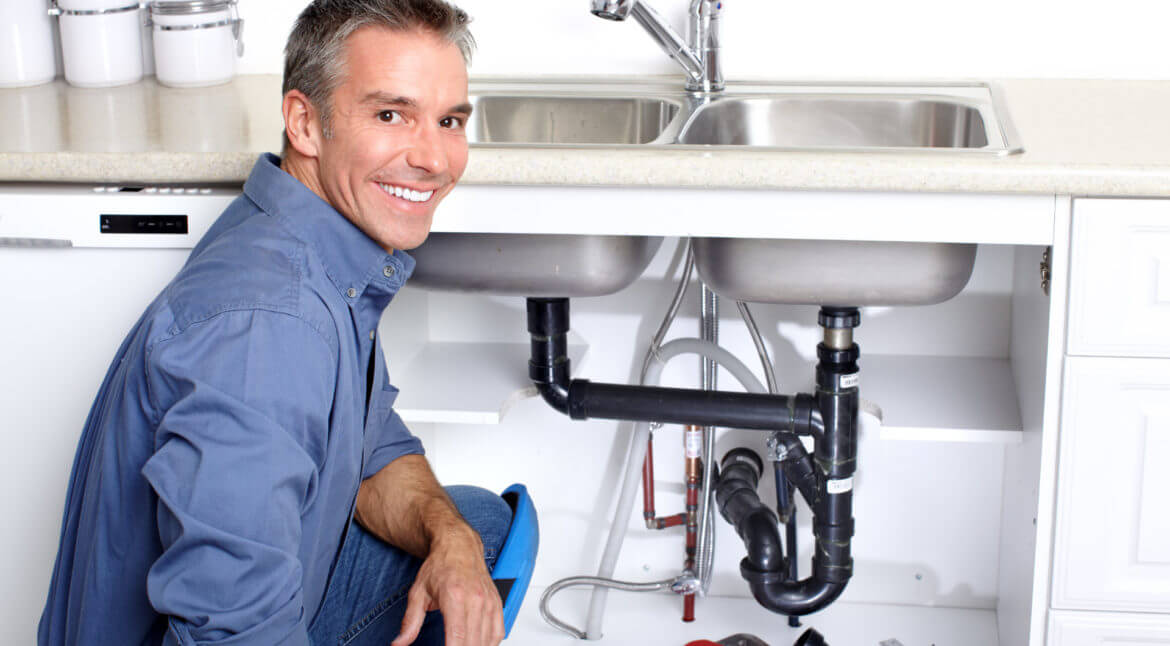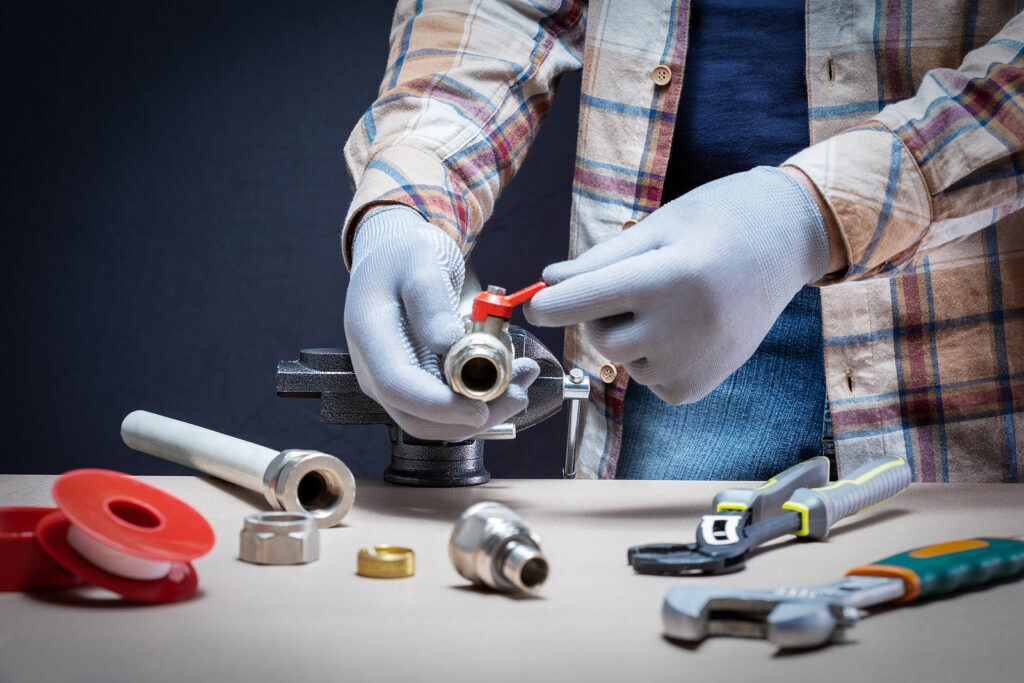Important Emergency Plumbing Fixes to Implement Until Support Arrives
Important Emergency Plumbing Fixes to Implement Until Support Arrives
Blog Article
The author is making a few great points regarding Plumbing Emergencies: Tips on What To Do Before as a whole in this article in the next paragraphs.

Pipes emergencies can strike at any time, creating anxiety and potential damages to your home. Whether it's a burst pipe, a stopped up drain, or a dripping tap, knowing just how to handle the situation till an expert plumber shows up can save you from more problems. This write-up supplies essential emergency situation plumbing pointers to assist you minimize damage and reclaim control during a plumbing situation.
Shut off the Water Supply
The primary step in any pipes emergency is to shut down the supply of water. For localized concerns, such as a leaking tap or bathroom, shut off the valve near the component. In the case of a significant leak or ruptured pipe, locate your home's primary water shut-off valve and transform it off instantly. Recognizing the place of these valves in advance can save useful time throughout an emergency.
Shut down Your Water Heater
In particular emergencies, such as a burst pipeline, it's important to shut off your water heater. This stops getting too hot or damage to the system when water quits flowing. Shut off the power supply to the hot water heater (electric or gas) and let it cool to stay clear of potential dangers.
Momentarily Stop a Burst Pipeline
A ruptured pipeline can bring about substantial water damage in minutes. To minimize the issue:
Call a professional plumbing technician instantly to attend to the trouble permanently.
Have an Emergency Pipes Package
Prepare a basic plumbing emergency situation package to deal with minor concerns properly. Your kit ought to consist of:
Having these tools available can make a considerable distinction in your capacity to take care of emergencies.
Unclog Drains Safely.
A stopped up drainpipe can be an irritating and messy issue. Here's exactly how to tackle it:.
If these methods don't work, avoid making use of too much pressure, as it might get worse the clog.
Handle Overflowing Toilets.
An overflowing bathroom can cause immediate chaos. Here's what you should do:.
Address Tiny Leakages with Temporary Repairs.
Small leakages can rapidly become substantial problems if left uncontrolled. Utilize these temporary repairs until expert help gets here:.
While these fixes aren't irreversible, they can help lessen water loss and damage.
Manage Frozen Pipes Very Carefully.
In colder climates, icy pipes are a typical emergency. If you think an icy pipeline:.
Know When to Call an Expert.
While quick fixes can aid temporarily, specific plumbing problems call for immediate specialist attention. Call a plumbing if:.
Without delay getting in touch with an expert makes certain the issue is fixed appropriately and protects against further problems.
Stop More Damage.
Taking quick action to lessen damages can save you time and money over time. Right here's just how:.
Final thought.
Pipes emergency situations can be frustrating, yet with the ideal expertise and devices, you can take care of the situation effectively until help arrives. By shutting off the supply of water, attending to little leakages, and utilizing momentary solutions, you can lessen damages and maintain your home safe. Keep in mind, these ideas are momentary options; always consult a licensed plumbing professional to take care of the origin of the trouble. Prep work and fast reasoning are your finest allies in any type of plumbing emergency.
Expert Tips for Emergency Plumbing Repairs
Plumbing emergencies can be incredibly stressful and inconvenient. Whether it’s a burst pipe, a clogged drain, or a leaky faucet, these common plumbing emergencies need immediate attention to prevent further damage to your home. But before you panic, it’s important to understand the basics of plumbing repairs and the steps you can take to address these emergencies. In this article, we will share some expert tips to help you navigate through these situations and minimize potential water damage.
Identifying Common Plumbing Emergencies
Leaky pipes and faucets Clogged drains and toilets Burst pipes Low water pressure Water heater problems Essential Tools for Plumbing Repairs
Plunger: Useful for unclogging toilets and drains Adjustable wrench: Needed for tightening or loosening nuts and bolts Pipe wrench: Ideal for gripping and turning pipes Tape measure: Necessary for accurate pipe measurements Plumber’s tape: Helps create watertight seals Understanding Emergency Plumbing Services
Emergency plumbing services are designed to provide immediate assistance for unexpected plumbing issues that can cause significant damage to your home, business, or health. These services are typically available 24/7 and are staffed by experienced plumbers who can quickly diagnose and repair a wide range of plumbing problems.
When a plumbing emergency strikes, time is of the essence. Whether it’s a burst pipe flooding your basement or a gas leak posing a serious risk, emergency plumbing services ensure that help is just a phone call away. These professionals are equipped with the tools and expertise to handle any situation, minimizing damage and restoring your plumbing system to proper working order.
What Constitutes a Plumbing Emergency?
Burst pipes or water supply lines: These can cause extensive water damage and need immediate repair to prevent flooding. Gas leaks or suspected gas leaks: Gas leaks are extremely dangerous and require prompt attention to avoid potential explosions or health hazards. Sewer backups or overflows: These can lead to unsanitary conditions and significant property damage. Clogged drains or toilets causing water to overflow: Overflowing water can damage floors, walls, and other structures. Leaks or water damage causing structural damage: Persistent leaks can weaken the structural integrity of your home or business. No hot water or heating: A lack of hot water can be more than an inconvenience, especially in colder months. Common Causes of Plumbing Emergencies
Aging or corroded pipes: Over time, pipes can deteriorate, leading to leaks or bursts. Improperly installed or maintained plumbing fixtures: Faulty installations or lack of maintenance can result in unexpected failures. Tree roots or other debris infiltrating your sewer line: Roots can grow into pipes, causing blockages and backups. Frozen pipes or water supply lines: In colder climates, pipes can freeze and burst, leading to significant water damage. High water pressure or sudden changes in water pressure: Excessive pressure can strain pipes and fixtures, causing them to fail. Natural disasters such as floods or earthquakes: These events can disrupt your plumbing system and cause severe damage. Steps to Minimize Water Damage
Locate the water shut-off valve: Knowing where the valve is can help you quickly cut off the water supply to the affected area. Turn off the water heater: If there’s a risk of water coming into contact with the heating element, make sure to turn off the water heater to avoid potential accidents. Open faucets and drain pipes: By opening faucets and drain pipes, you can relieve pressure and empty any standing water. Collect and contain water: Use towels, buckets, or bins to collect water and prevent it from spreading to other areas of your home. https://leecountyplumbingandwellservice.com/expert-tips-for-emergency-plumbing-repairs/

I have been very taken with What to Do While Waiting for an Emergency Plumber and I am hoping you appreciated the entry. Those who liked our article plz consider to pass it around. I am grateful for your time. Please come visit our site back soon.
Click For More Info Report this page